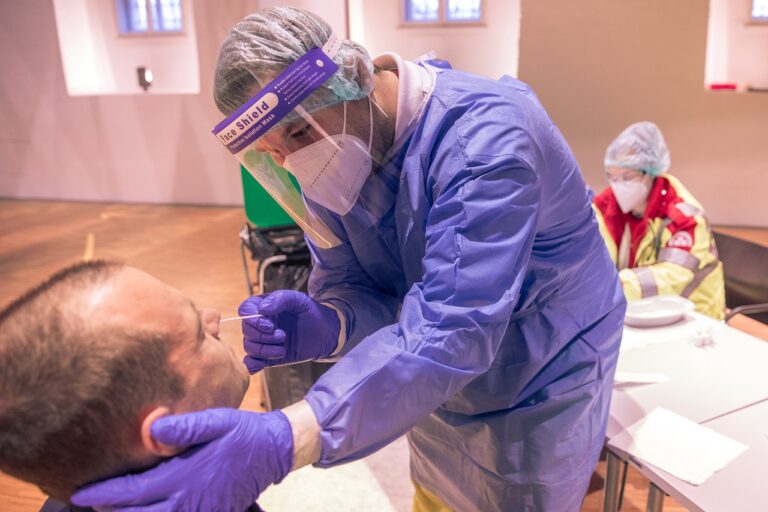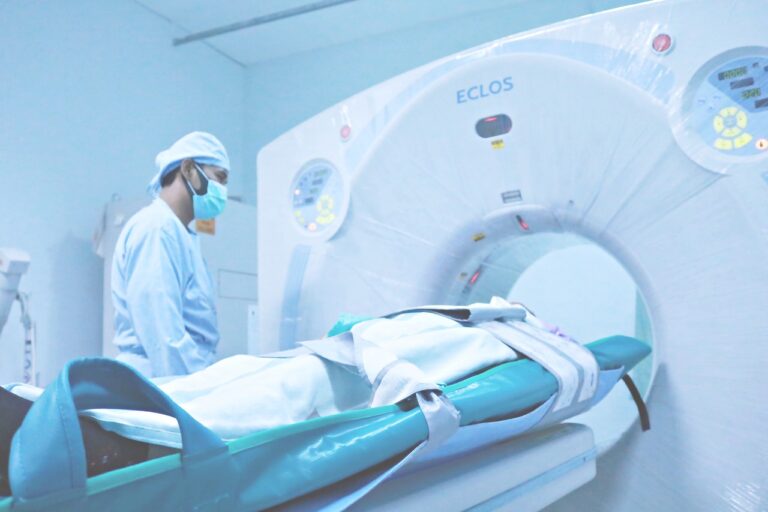Understanding the Link Between Endometriosis and Infertility
goldbet login, tiger exchange login password, betbook247 login: Endometriosis is a condition that affects women of reproductive age, where tissue similar to the lining of the uterus grows outside of the uterus. This can lead to a variety of symptoms, including pelvic pain, heavy periods, and infertility. In fact, infertility is a common complication of endometriosis, with around 30-50% of women with endometriosis experiencing difficulty getting pregnant.
But why does endometriosis affect fertility? And what can be done about it? In this article, we will delve into the link between endometriosis and infertility, and discuss some of the treatment options available.
What is the Link Between Endometriosis and Infertility?
The exact mechanism by which endometriosis causes infertility is not completely understood, but there are several theories. One possible explanation is that the endometrial-like tissue that grows outside of the uterus can cause inflammation and scarring in the pelvic organs, including the fallopian tubes and ovaries. This can interfere with the normal function of these organs, making it difficult for a woman to conceive.
Another theory is that endometriosis can alter the hormonal environment in the pelvis, affecting the development and release of eggs from the ovaries. This can disrupt the ovulation process, making it harder to get pregnant.
Endometriosis can also lead to the formation of ovarian cysts called endometriomas, which can reduce the number of healthy eggs in the ovaries and impair their function. In severe cases, endometriosis can cause damage to the fallopian tubes, making it impossible for sperm to meet the egg for fertilization.
Overall, the presence of endometriosis can adversely affect a woman’s fertility in multiple ways, making it important for women with endometriosis who are trying to conceive to seek appropriate medical advice and treatment.
What are the Treatment Options for Endometriosis-Related Infertility?
There are several treatment options available for women with endometriosis-related infertility, depending on the severity of the condition and the individual’s reproductive goals. Some of the common treatment options include:
1. Laparoscopic surgery: This minimally invasive surgical procedure can be used to remove endometrial tissue, ovarian cysts, and scar tissue that may be interfering with fertility. Surgery can improve the chances of conceiving naturally or through assisted reproductive technologies like in vitro fertilization (IVF).
2. Hormonal therapy: Hormonal medications, such as birth control pills, progestins, or gonadotropin-releasing hormone (GnRH) agonists, can help manage the symptoms of endometriosis and reduce the growth of endometrial tissue. This can improve fertility by creating a more favorable hormonal environment for conception.
3. In vitro fertilization (IVF): IVF is a common fertility treatment option for women with endometriosis who have difficulty getting pregnant. During IVF, eggs are retrieved from the ovaries, fertilized with sperm in a laboratory, and then transferred to the uterus for implantation. IVF bypasses any potential issues with the fallopian tubes or pelvic organs caused by endometriosis.
4. Assisted reproductive technologies (ART): In addition to IVF, other ART techniques like intracytoplasmic sperm injection (ICSI) or preimplantation genetic testing (PGT) can be used to improve the chances of successful conception in women with endometriosis-related infertility.
It’s important for women with endometriosis-related infertility to work closely with a fertility specialist or reproductive endocrinologist to determine the most appropriate treatment plan based on their individual circumstances.
FAQs:
1. Can endometriosis be cured?
Endometriosis is a chronic condition that has no cure, but it can be managed with medications, hormonal therapy, surgery, or a combination of treatments.
2. Does endometriosis always lead to infertility?
Not all women with endometriosis will experience infertility, but the condition can increase the risk of fertility problems due to its impact on the reproductive organs.
3. Can pregnancy improve endometriosis symptoms?
Some women experience relief from endometriosis symptoms during pregnancy due to hormonal changes, but symptoms may return after giving birth.
4. Are there any lifestyle changes that can help manage endometriosis and improve fertility?
Maintaining a healthy diet, regular exercise, managing stress, and avoiding smoking can help manage endometriosis symptoms and improve overall fertility.
In conclusion, the link between endometriosis and infertility is complex, but there are treatment options available to help women with endometriosis achieve their reproductive goals. By working closely with a healthcare provider and fertility specialist, women with endometriosis-related infertility can explore different treatment options and find a solution that works best for them.







